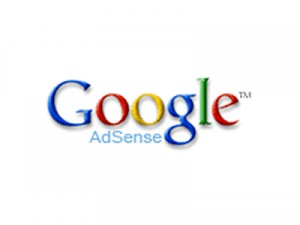Google has been fighting hard to make their PageRank system relevant once again in helping people quickly understand if they are on a worthwhile site or not, and there has been some notice, including a post by Matt Cutts, that Google will be updating their PageRank once again over the next few days. Some people have already reported new ranks, but none of my sites have seen any love from Google as of yet.
What interests me the most is that Microsoft might get in the “ranking” business with BrowseRank, their own version of PageRank which they hope can’t be gamed in any way.
From Cnet:
The Microsoft researchers argue that PageRank has a number of problems. For one thing, people can game the system by building bogus Web sites called link farms. Those sites feature hyperlinks point to a Web page whose importance a person wants to inflate so it appears higher in search results. Another PageRank issue is that the indexing process doesn’t take into account the time a user spends on a particular site.
But user behavior, monitored in anonymous form by Web servers and Web browser plug-ins, can be better, the authors argue.
“Experimental results show that BrowseRank can achieve better performance than existing methods, including PageRank…in important page finding, spam page fighting, and relevance ranking.
The researchers gathered their data from “an extremely large group of users under legal agreements with them,” according to the paper.
It almost sounds like Microsoft wants to tap into people’s search patterns much like Alexa uses their toolbar to record traffic on sites, Microsoft wants to monitor which sites are being browsed, and where visitors are coming from and leaving to.
It is a lofty goal, for sure, but as we have seen in the online space, Microsoft rarely makes the right moves.
Will PageRank matter if Microsoft gets into having their own version of the system? Or better yet, is PageRank still relevant today? Let me know your thoughts in the comments below.
Originally posted on July 26, 2008 @ 12:30 am

